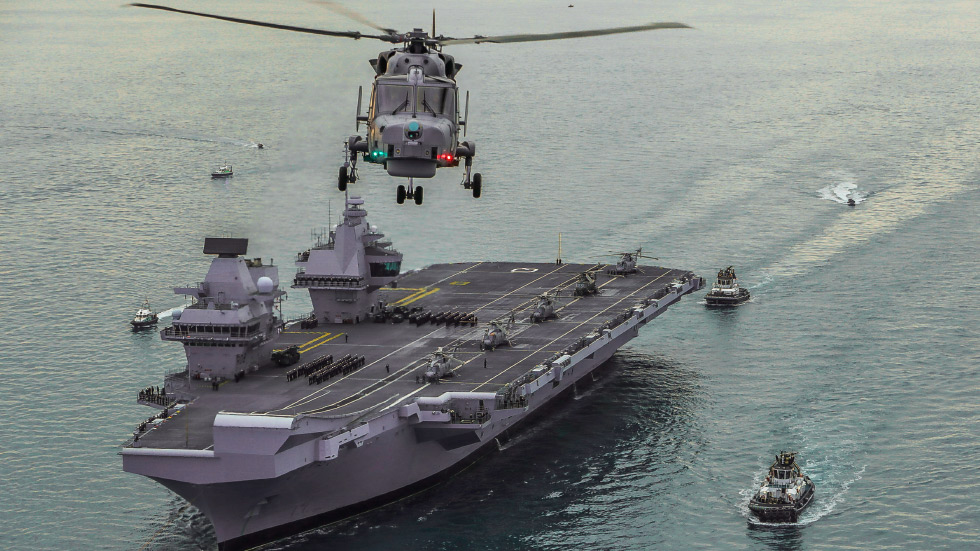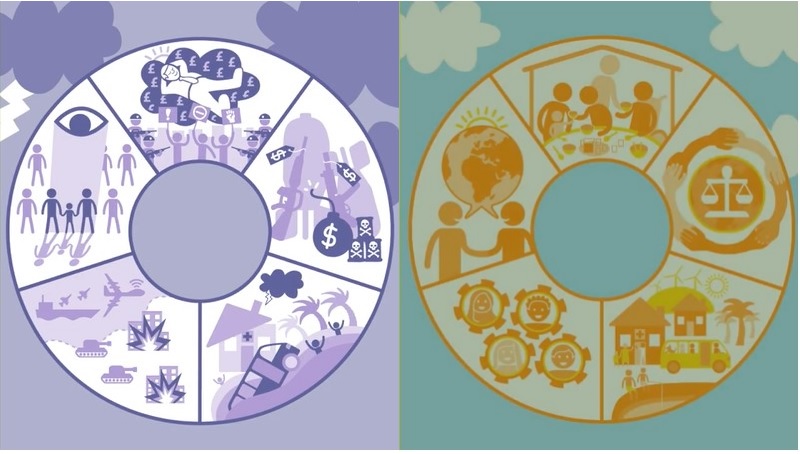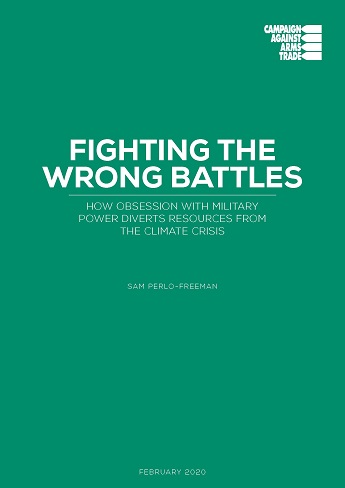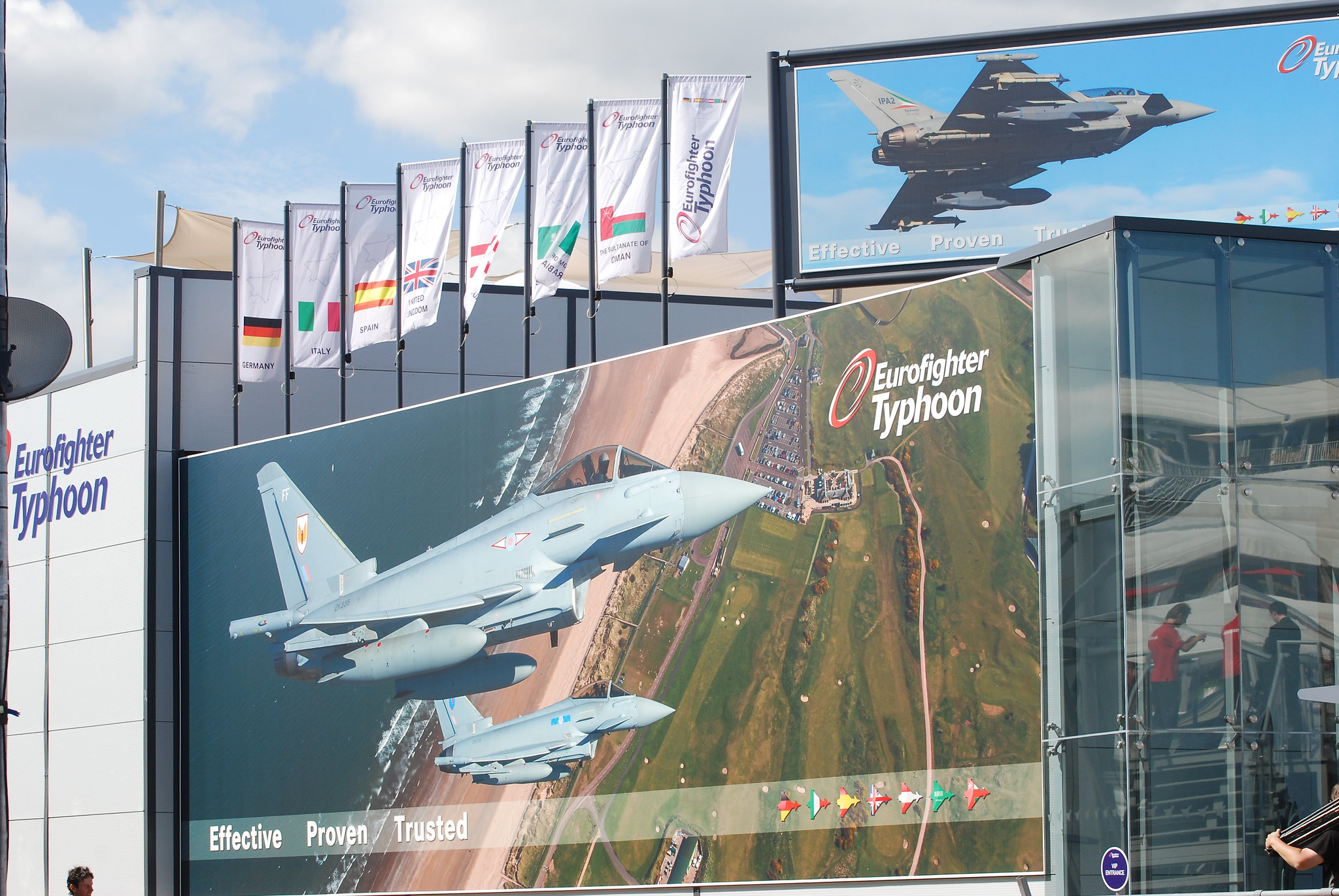What is militarism?
When UK politicians talk about ‘security’, they usually have “national security” in mind, and military power as the main way to achieve it. But most real threats people face are not of a military nature, and attempts to solve global problems with military force have been disastrous.
This type of thinking, often called militarism, which glorifies war and armed force can be seen in many parts of society: from popular culture, to the presence of the military in schools, to the way Remembrance Day is celebrated, or the way the government sets its budget.
The impacts of militarism
Militaristic thinking means that key security challenges like pandemics and climate change do not receive the attention and resources they need, while hard power is over-used, with very many real consequences to militarism that lead to enormous harm both for people in the UK and worldwide.
- Use of war as a means to “solve” global problems. The wars in Afghanistan, Iraq, and Libya led to catastrophes far greater than any problems they claimed to be trying to solve. They have killed hundreds of thousands of people, left these countries with barely functioning governments and ongoing conflict, and have only increased the threat of terrorism in the UK and worldwide. While many factors lie behind these wars, a common theme is the idea of war as something noble and righteous, as a way of bringing peace, freedom, and democracy at the barrel of a gun.
- Excessive military spending, at the expense of other urgent priorities. The UK government insists that 2% of GDP is the absolute minimum for military spending – about £45 billion a year. They dream of a “Global Britain” that can “punch above its weight” by sailing multi-billion pound aircraft carriers around the world, but will not put in the resources needed to reach the UK’s target of net-zero Greenhouse Gas emissions by 2050.
- Lack of urgency and planning for non-military threats. The government’s 2015 Strategic Defence and Security Review listed pandemics as a “Tier one” threat, while the prospect of foreign invasion was seen as so unlikely as to be classed as “Tier 3” – yet the bulk of the report centred on plans for the military. Crucial measures to prepare for pandemics were not taken. It sometimes seems that, if a problem isn’t something you can shoot at, the government loses interest.
- A thriving arms industry is seen as necessary to maintain the UK’s “place in the world”. The arms industry’s desire to export weapons is placed above all else – as is so apparent from the UK’s arming of the brutal Saudi regime in spite of the horrific war in Yemen. Speaking at the DSEI arms fair in 2019, a minister described the arms industry as the “tip of the spear” of “Global Britain” – although arms exports only amount to a tiny proportion of UK trade.






